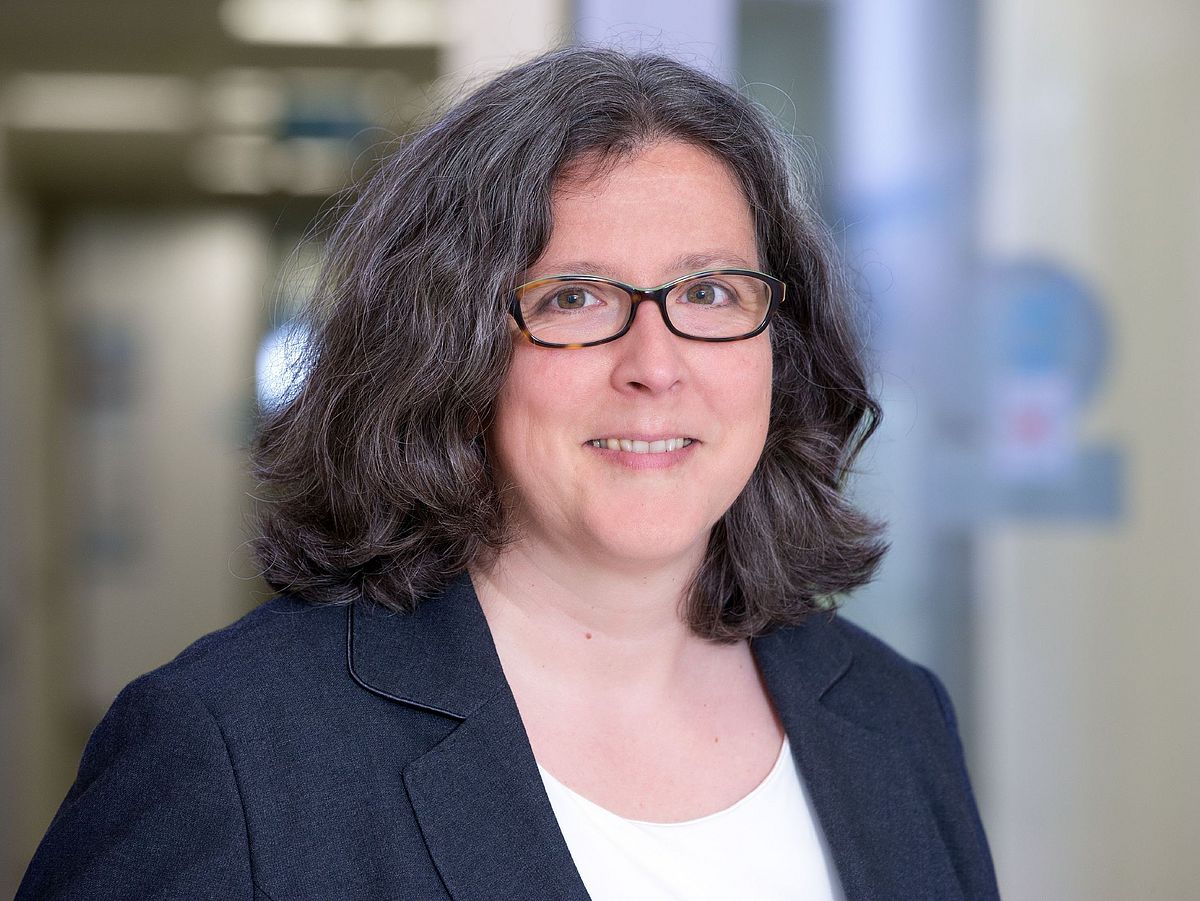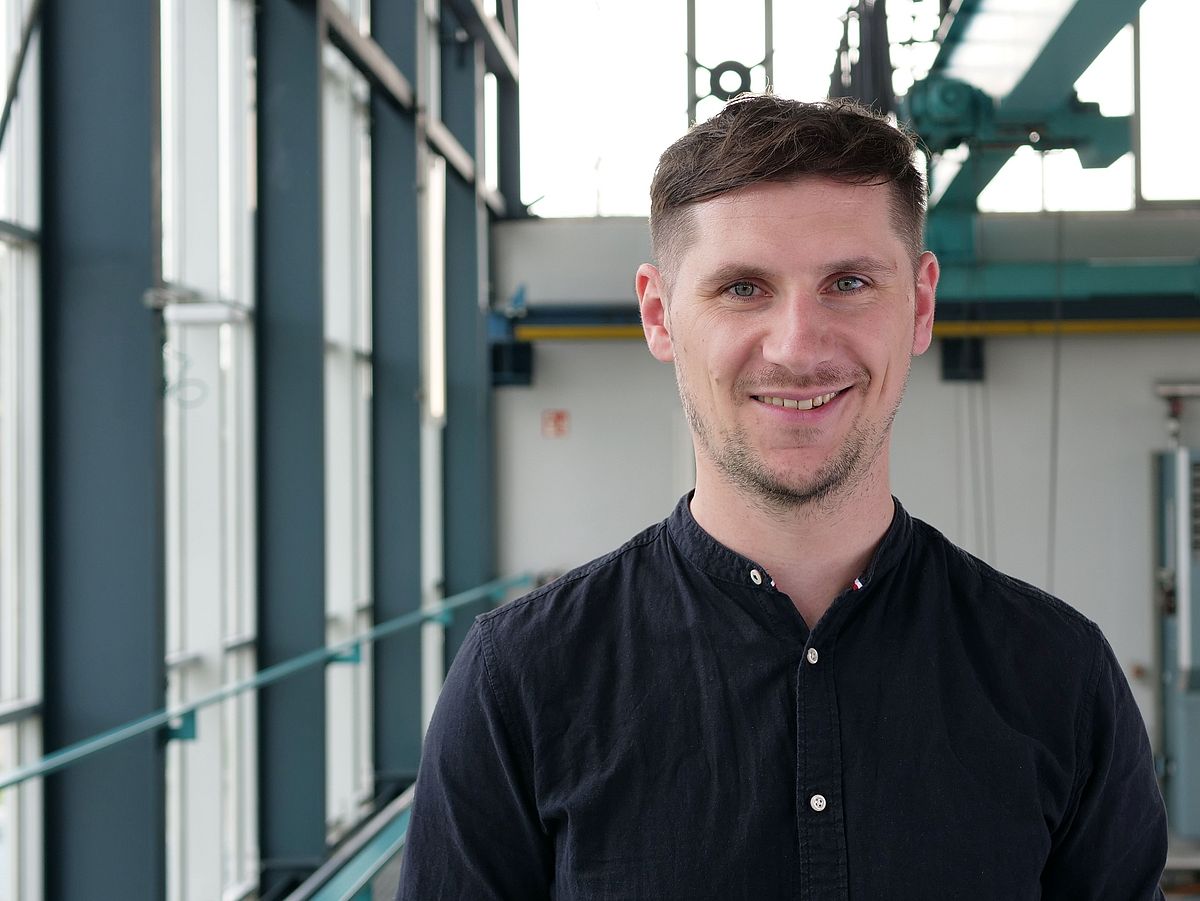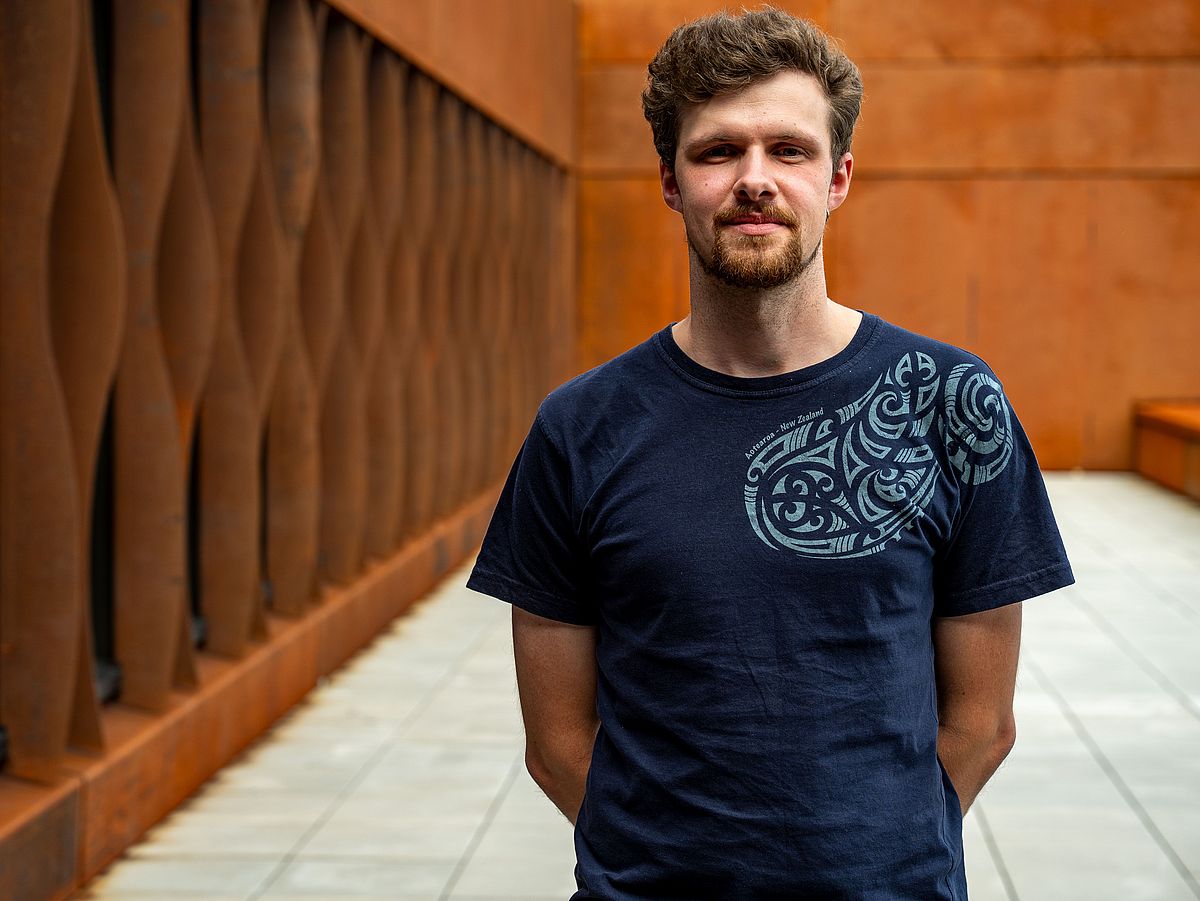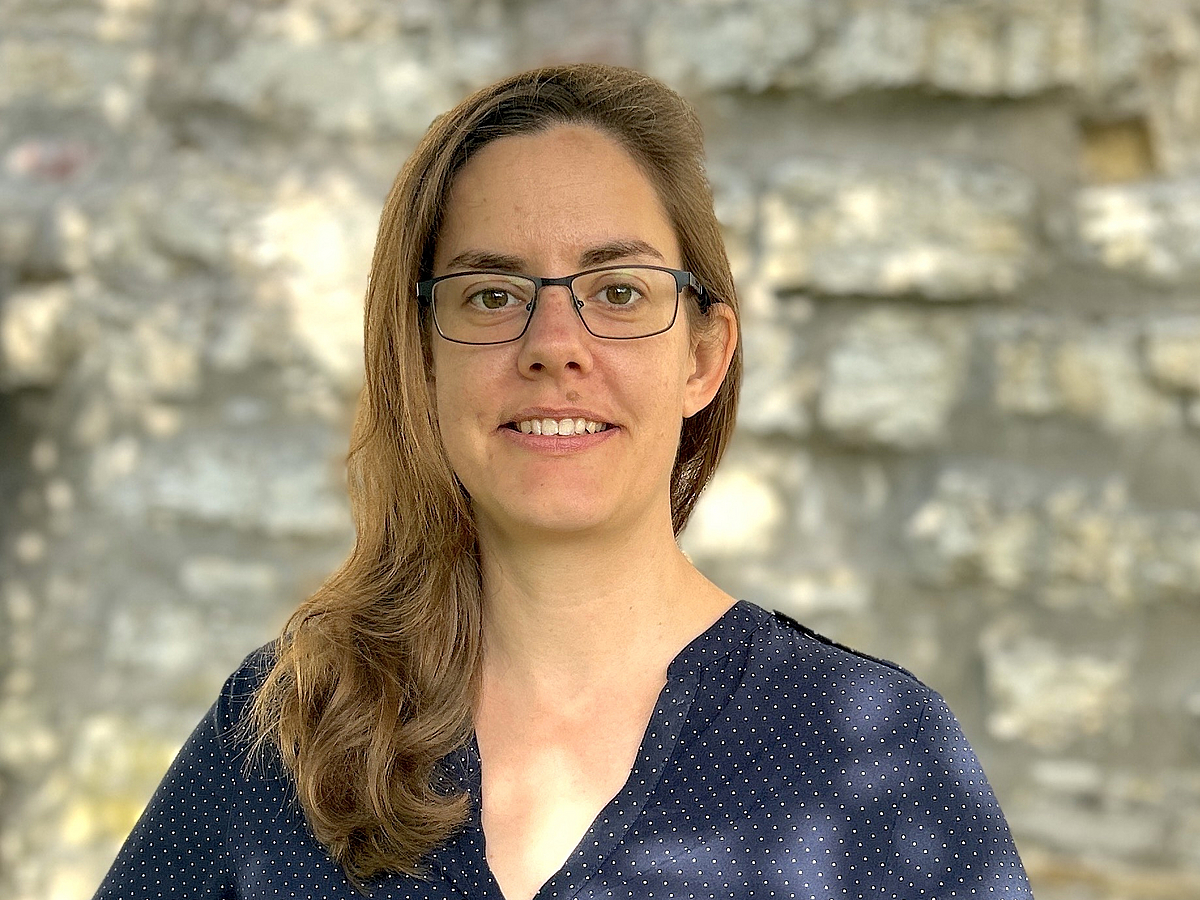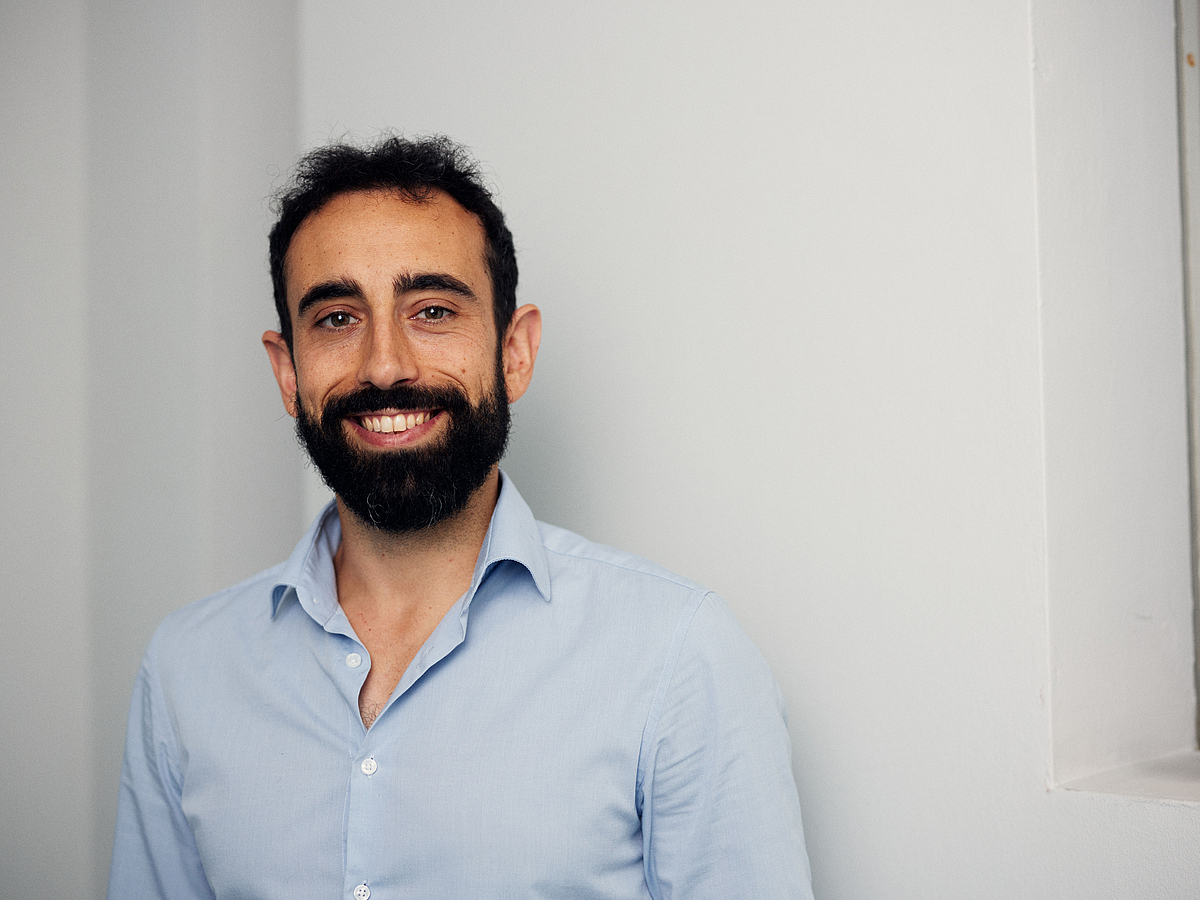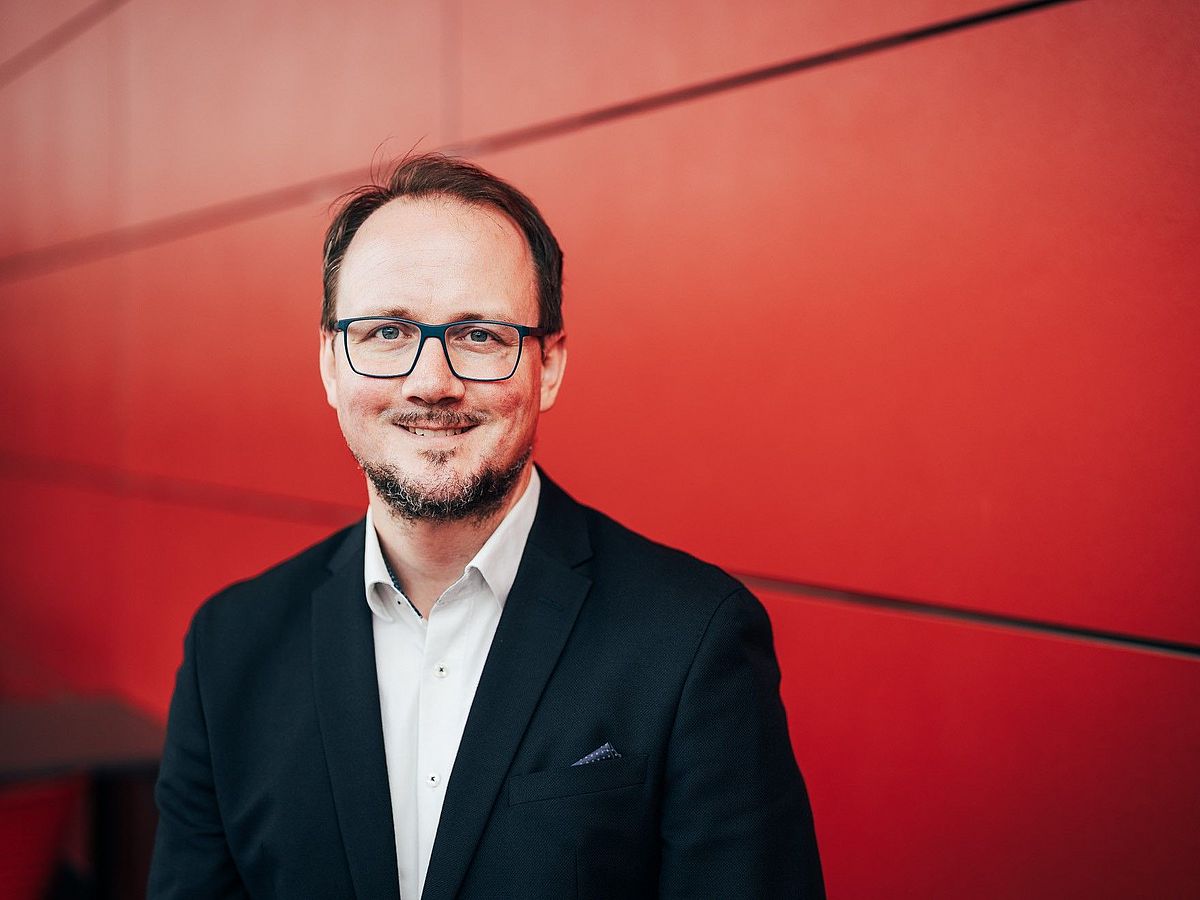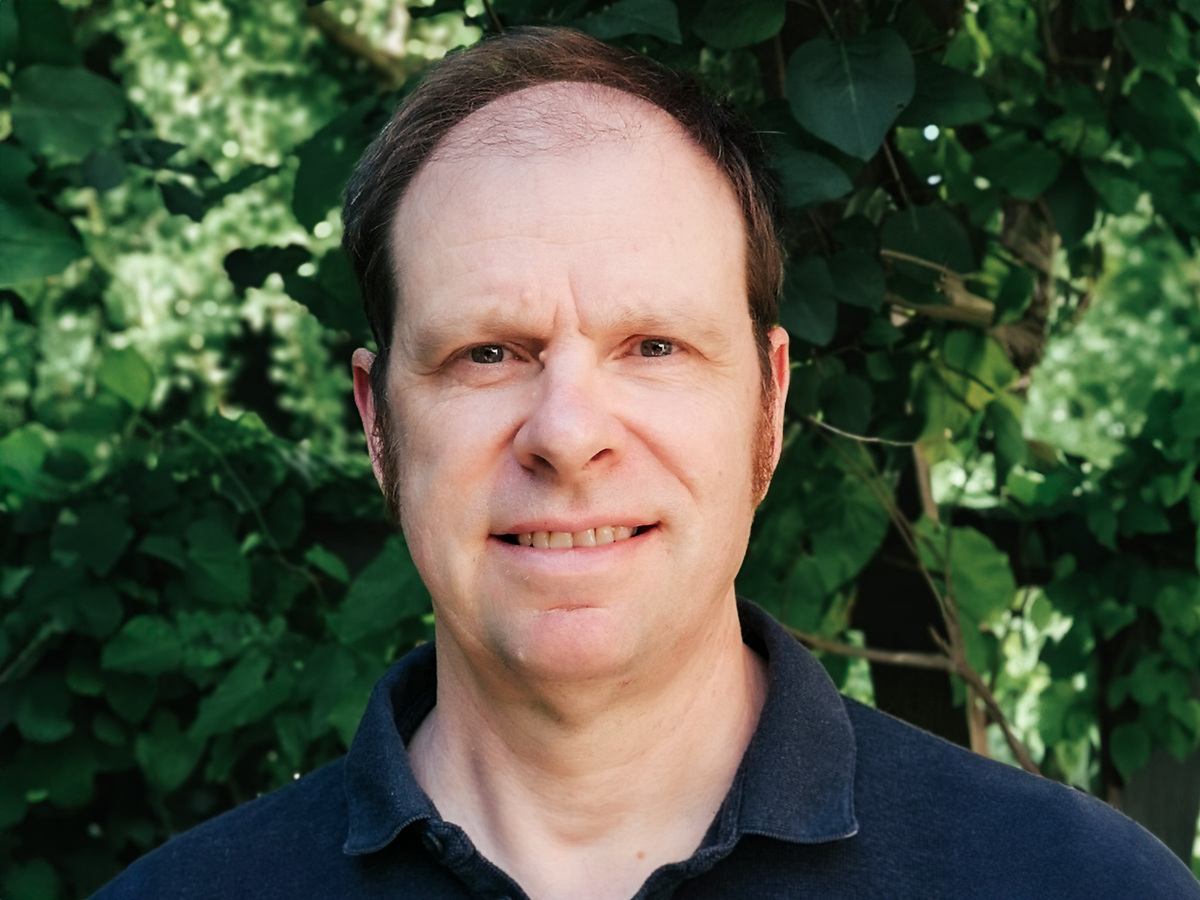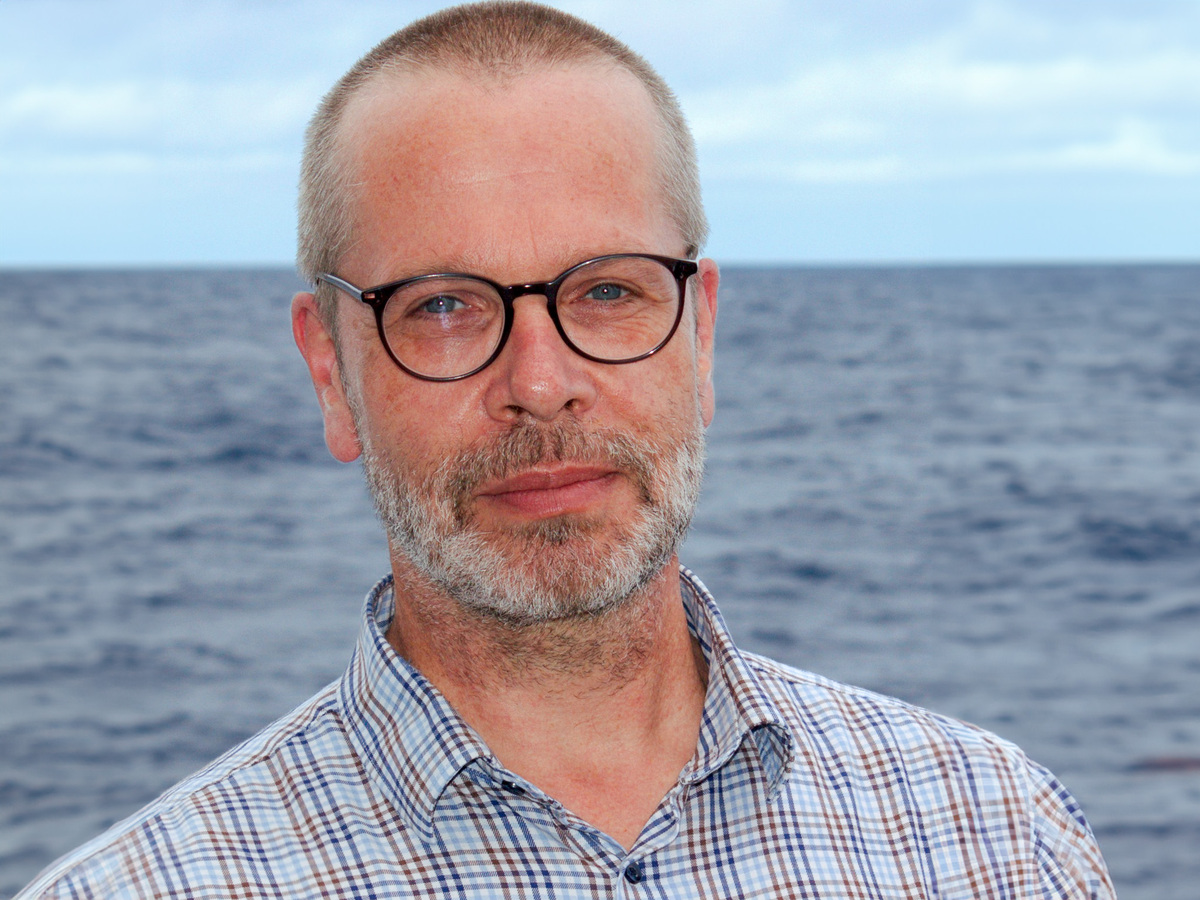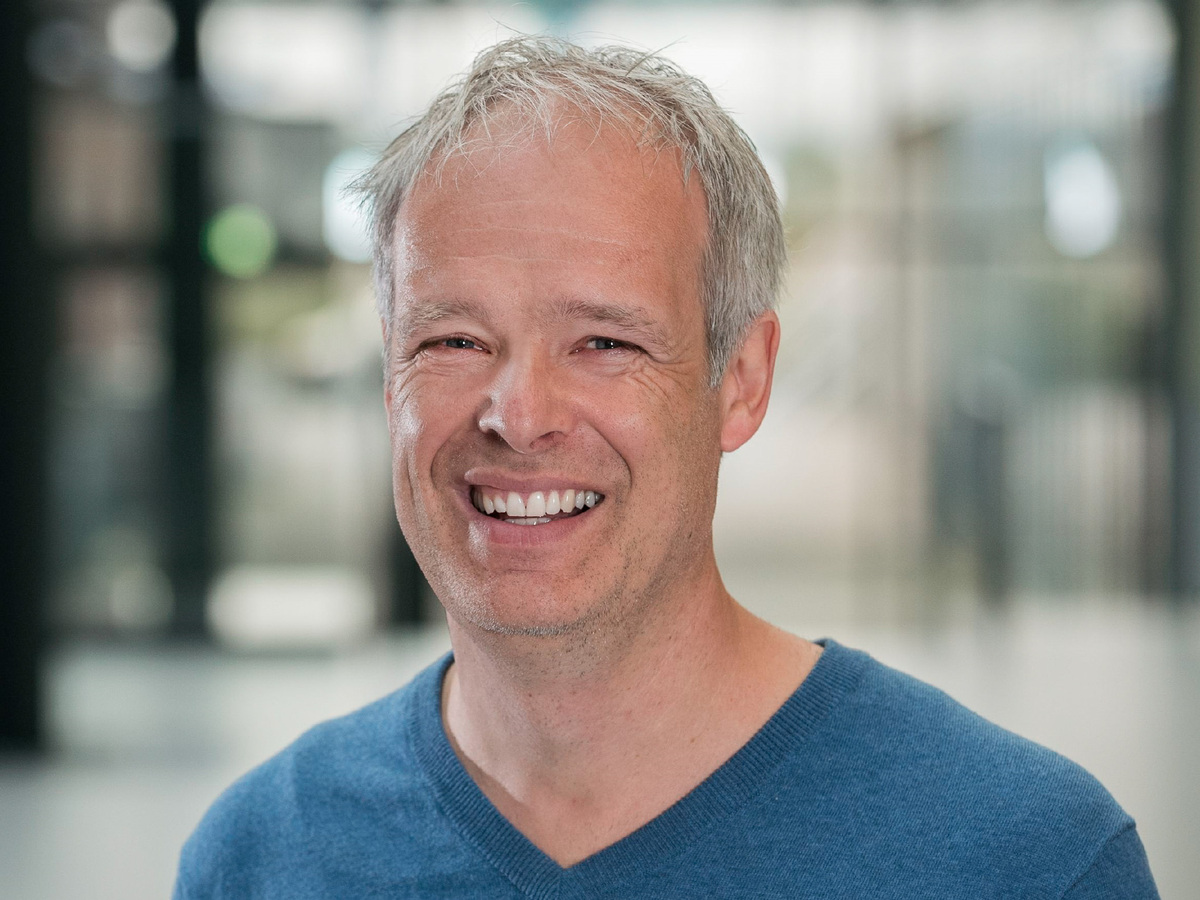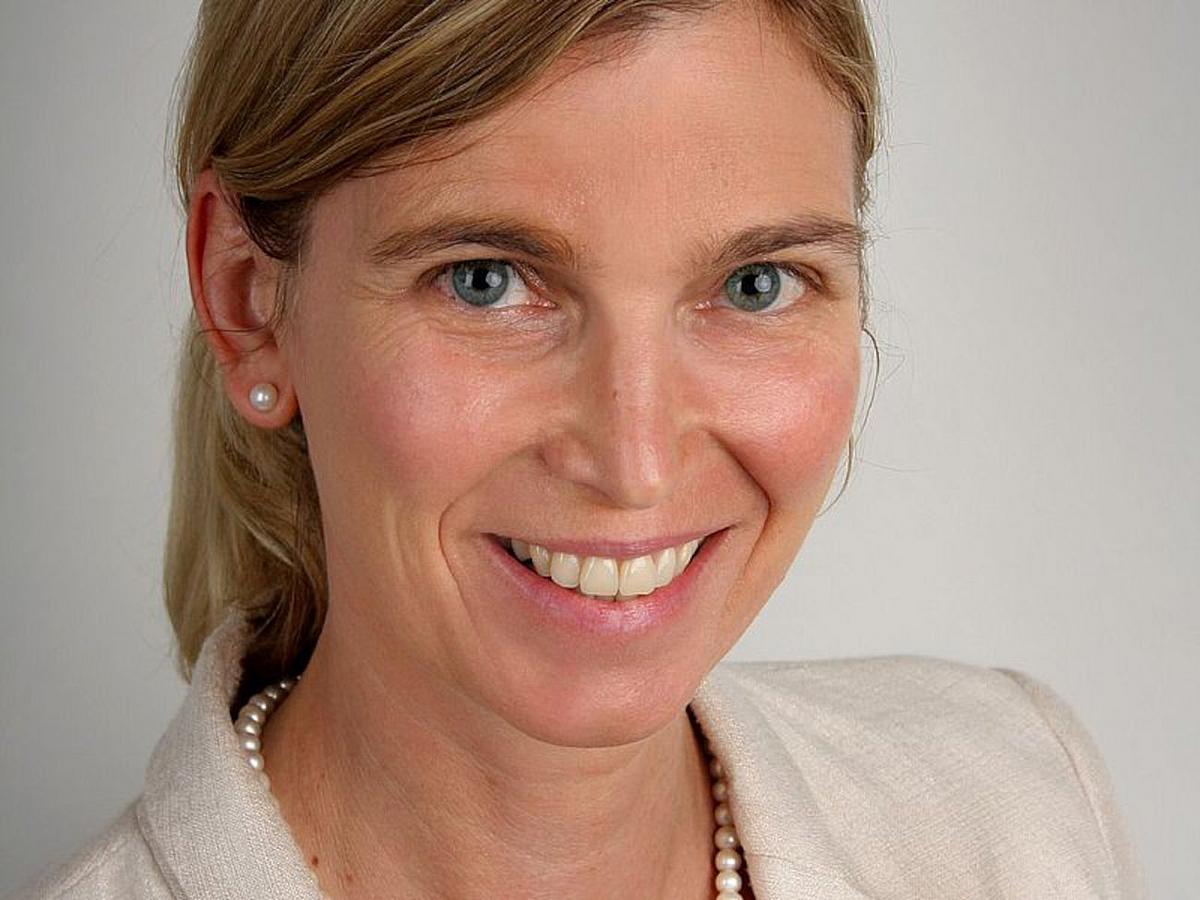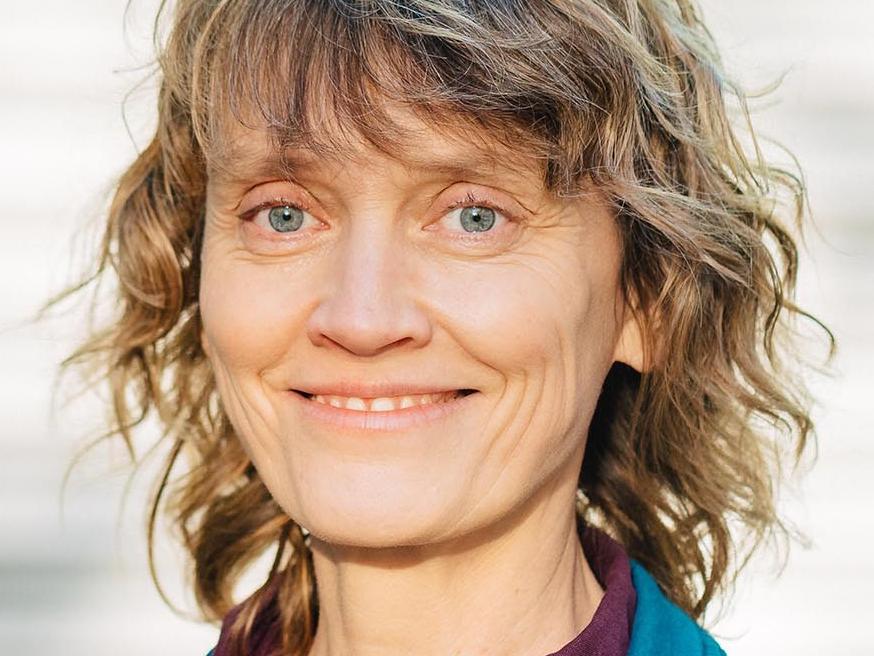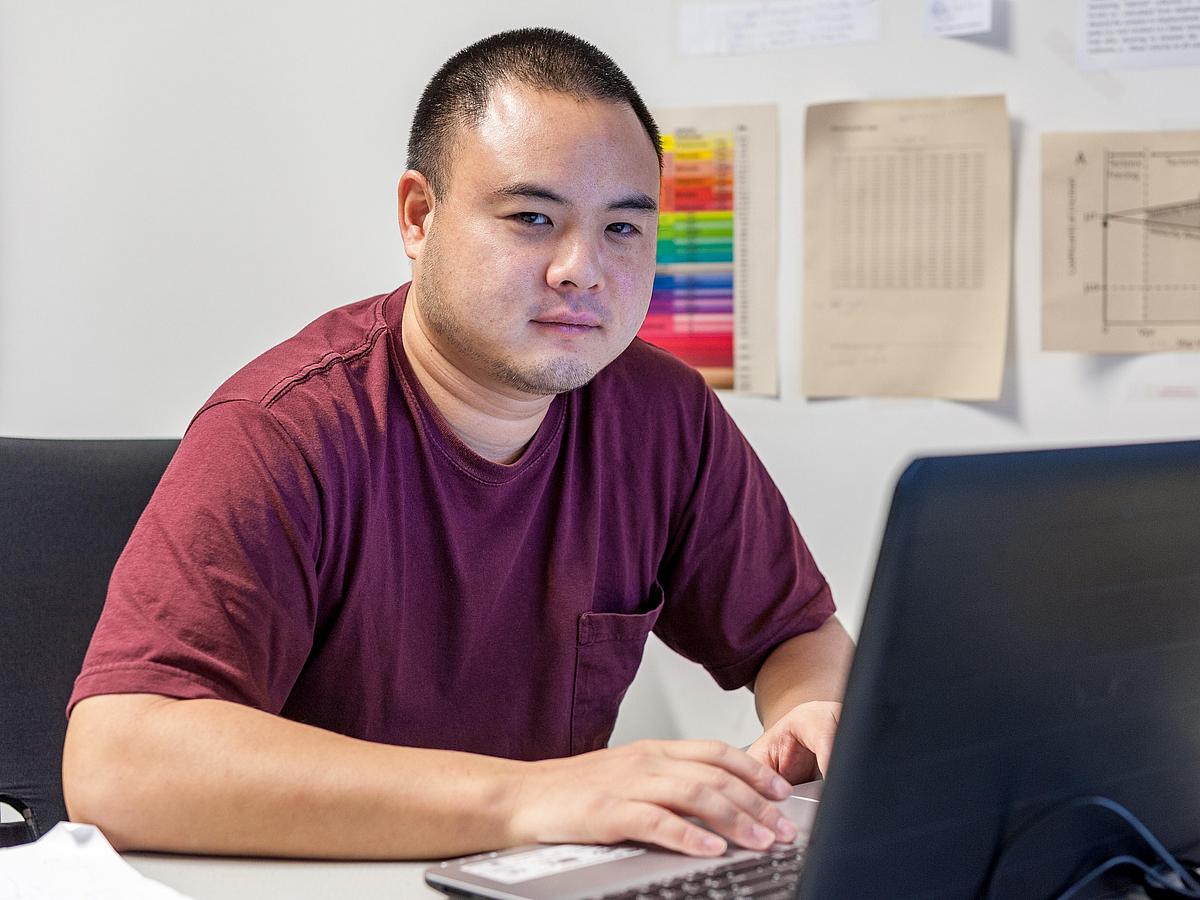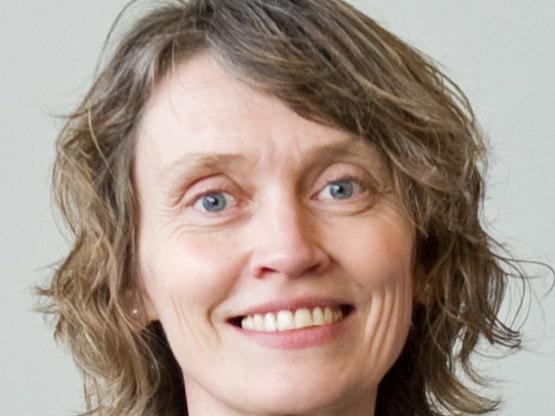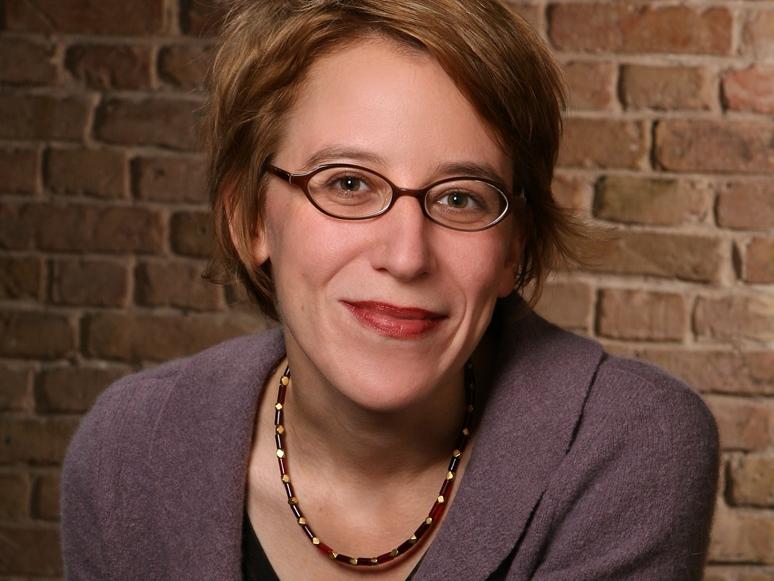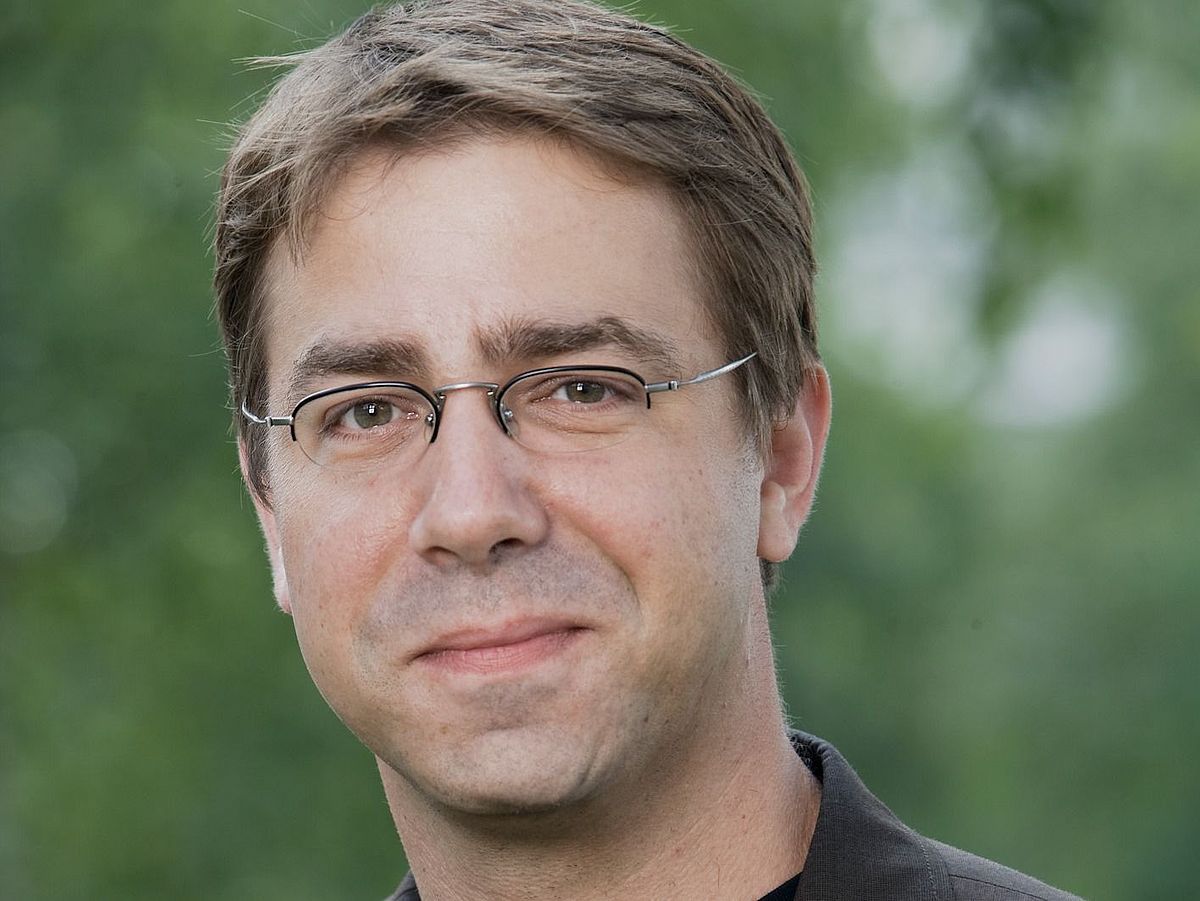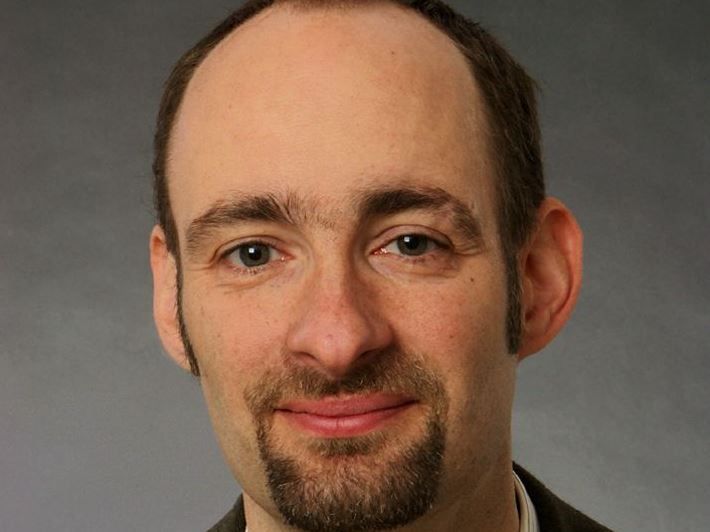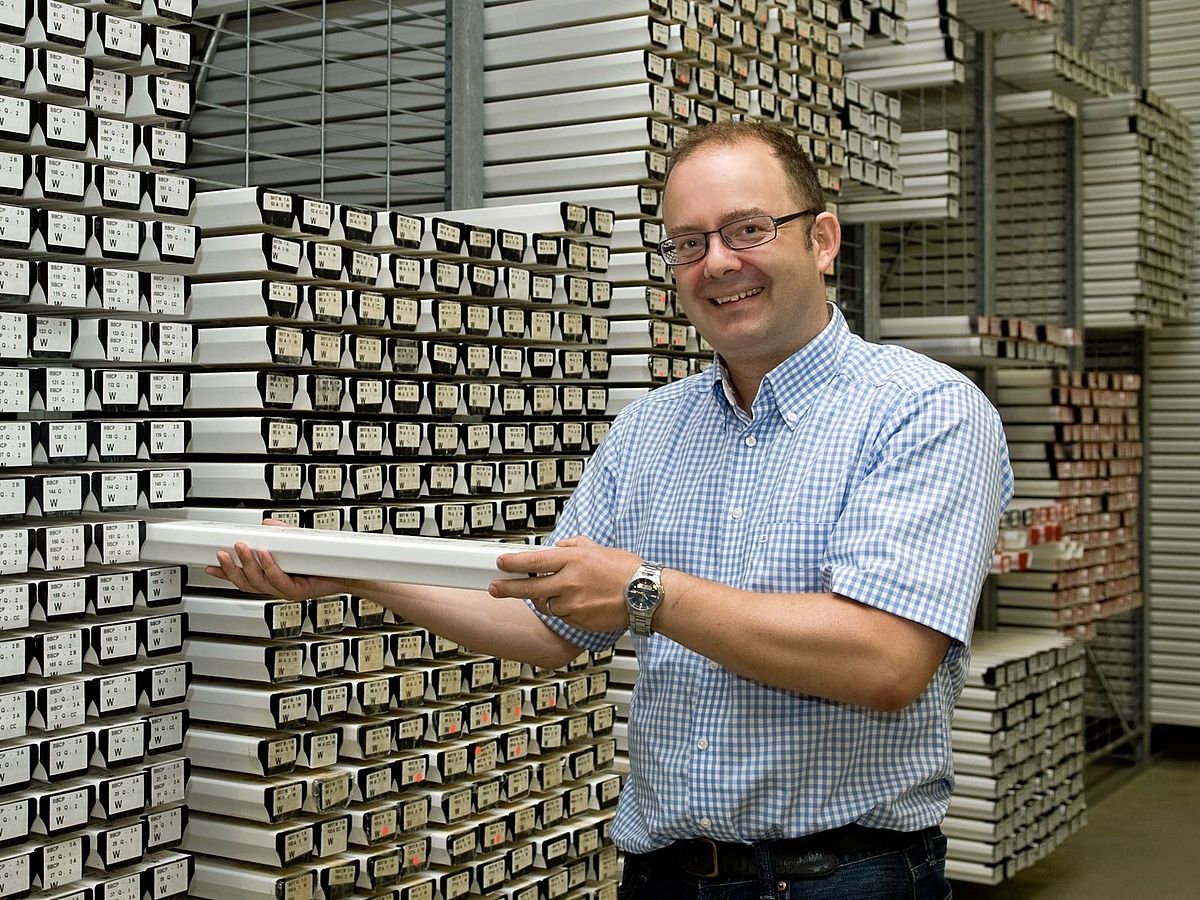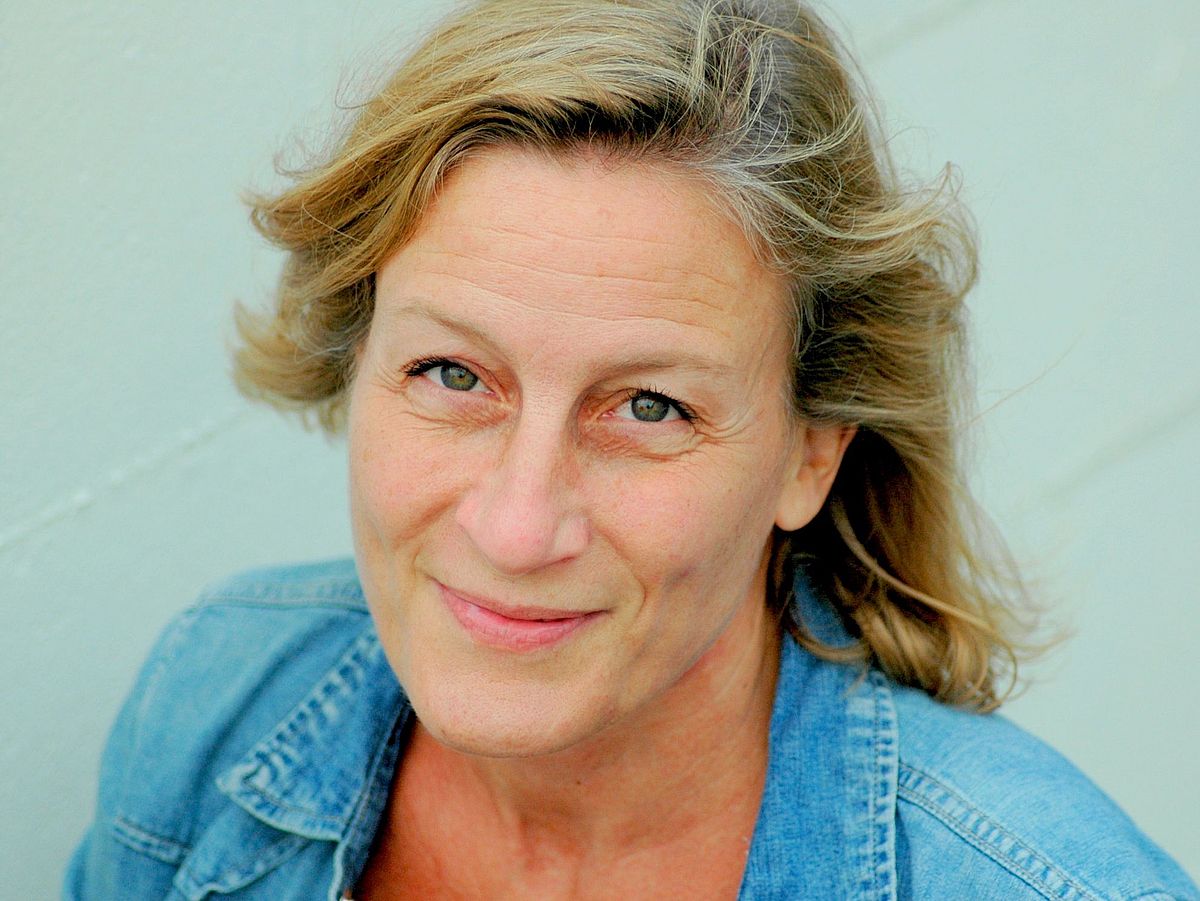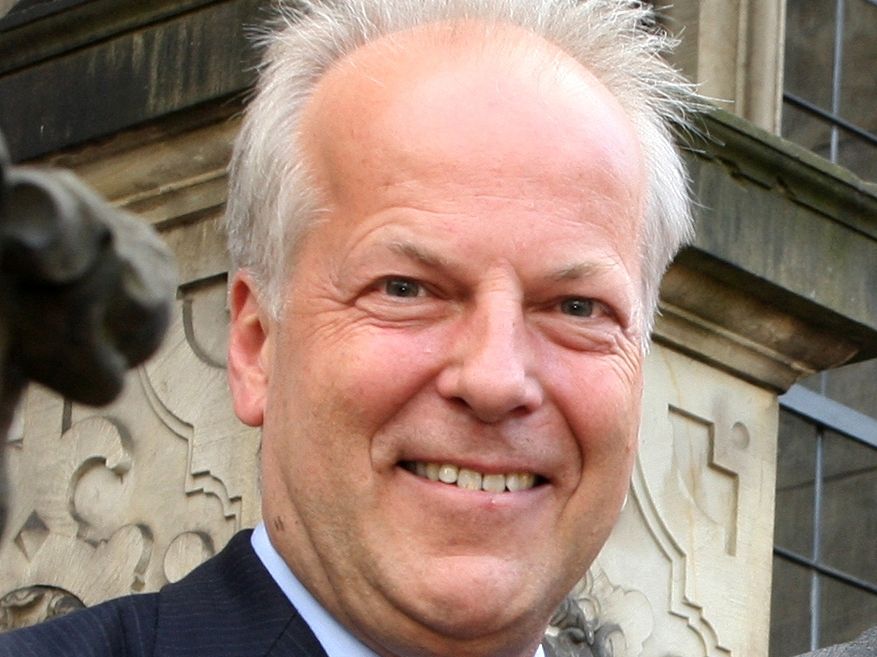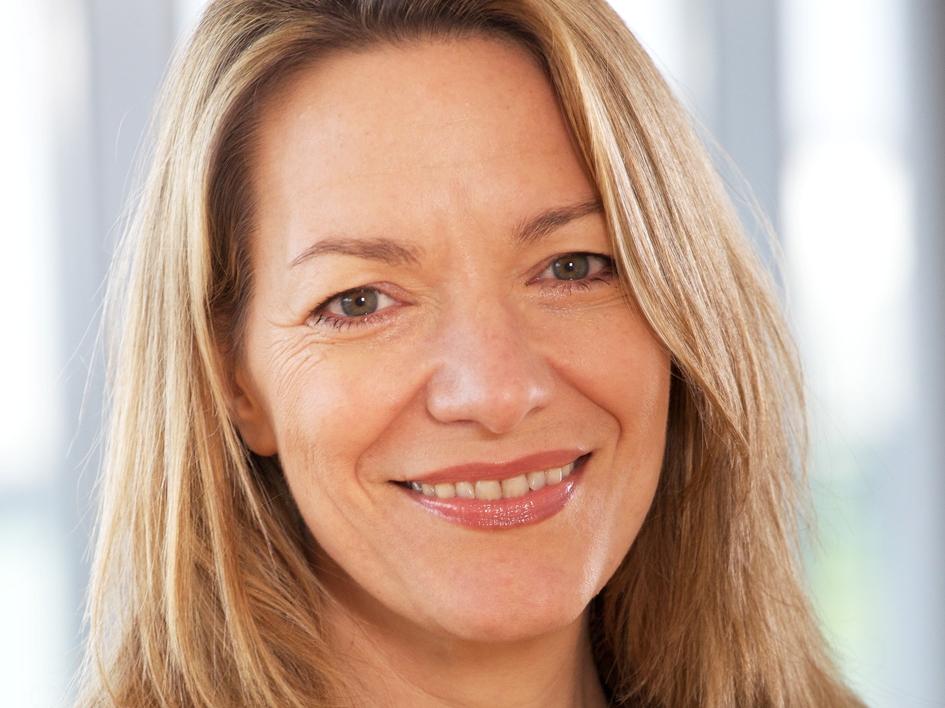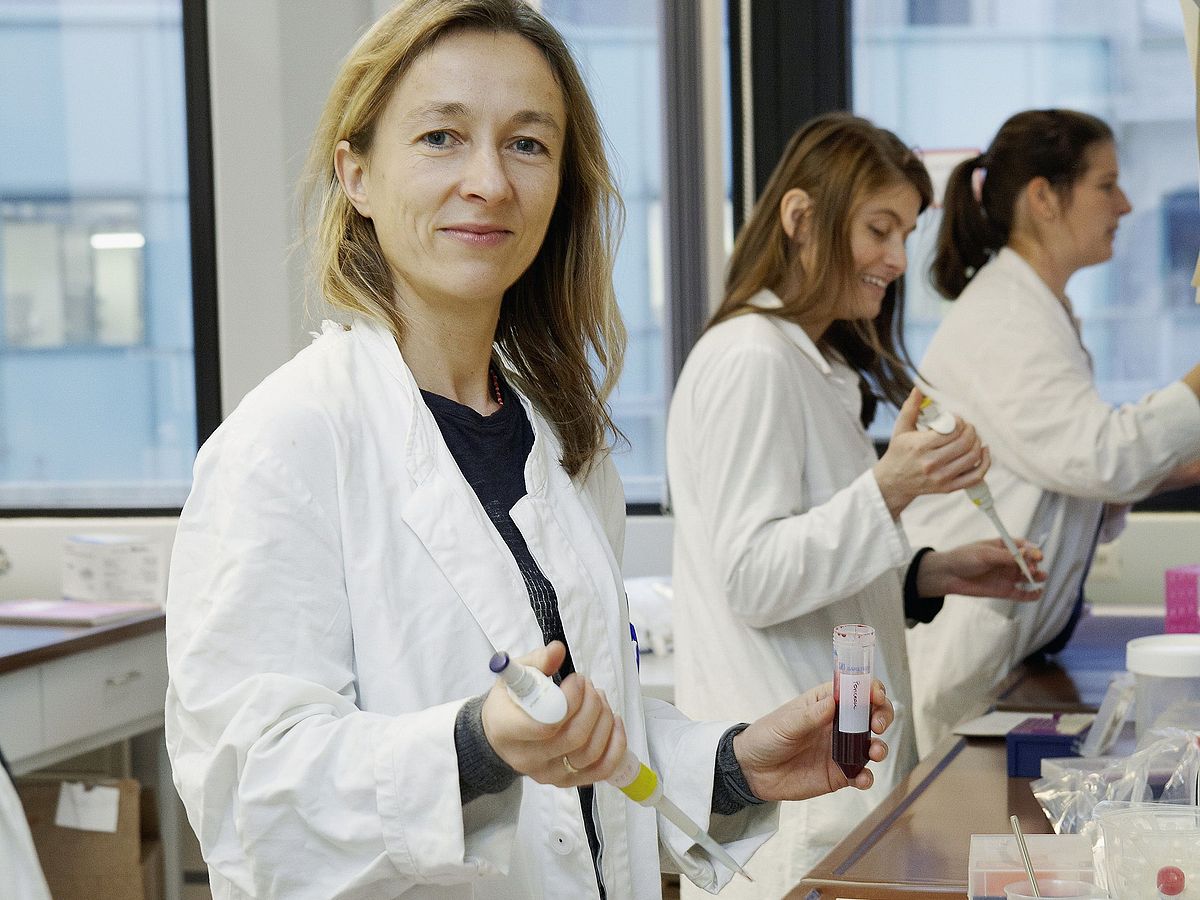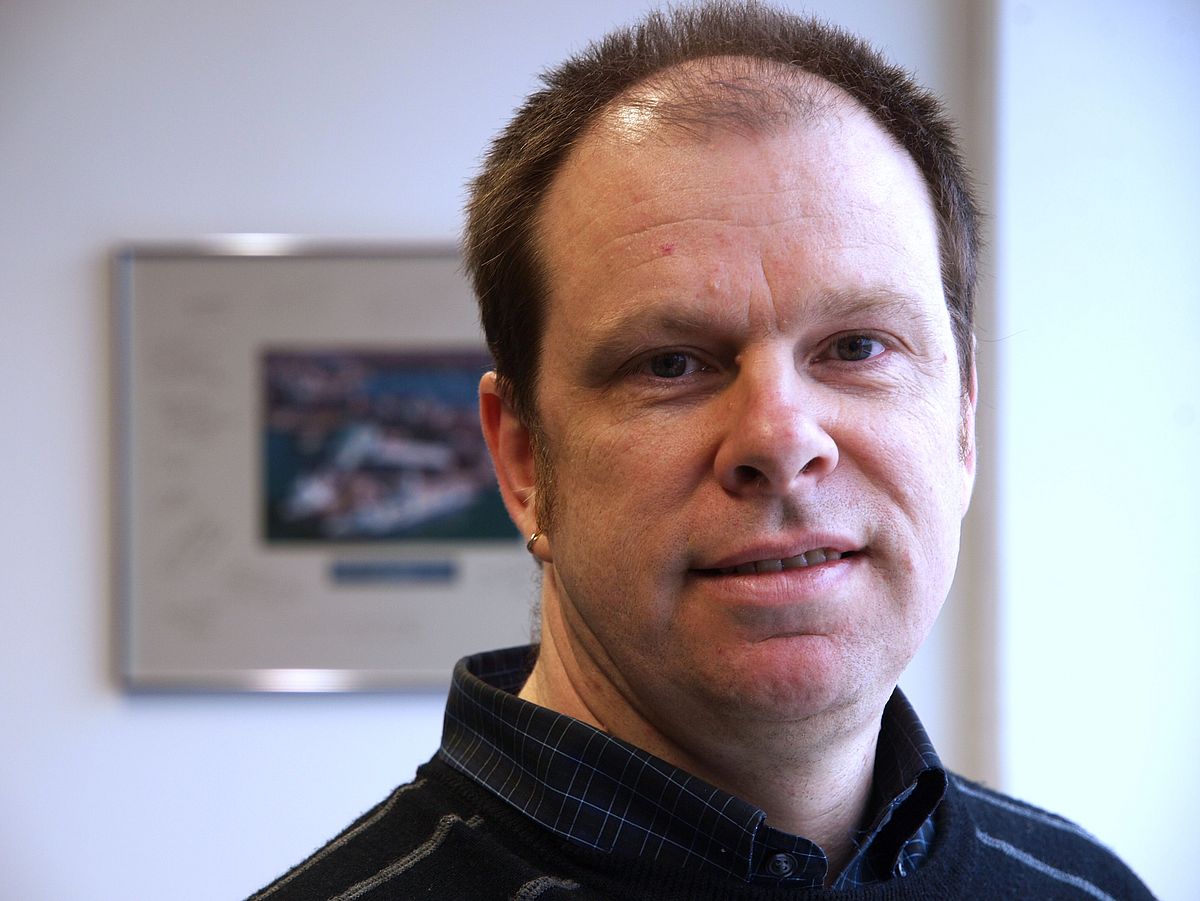ERC GRANTS
The European Research Council (ERC) regularly awards ERC Grants to leading researchers. These grants are highly regarded in the international scientific community.
- The ERC Starting Grant is aimed at young, innovative researchers who intend to establish a new research group. The grant usually amounts up to 2.5 million euros. The maximum funding period is five years.
- The ERC Consolidator Grant is intended for promising young researchers who are at the beginning of an independent research career. The maximum funding is 3 million euros and the maximum funding period is five years.
- The ERC Advanced Grant is aimed at already established, excellent researchers with an outstanding scientific track record. The funding usually amounts to 3.5 million euros and is granted for a period of five years.
- The Proof of Concept Grant is a follow-up grant to other ERC Grants. The funding scheme exclusively targets ERC grant holders who want to bring (ongoing or finished) research to a pre-demonstration stage where potential commercialization opportunities have been identified. The grant amounts to up to 150,000 euros over a maximum period of 18 months.
- ERC Synergy Grants fund teams of two to four promising researchers whose projects are expected to lead to important discoveries and provide substantial breakthroughs in knowledge at the interface of established fields of research. Teams must be comprised of excellent young researchers as well as established active researchers who already have outstanding scientific achievements.
Prof. Dr. Angelika Humbert
ERC Synergy Grant (2025)
Glaciologist Angelika Humbert from the Alfred Wegener Institute, Helmholtz Centre for Polar and Marine Research (AWI), has received an ERC Synergy Grant for her international FirnMelt project in collaboration with researchers from the University of Fribourg (Switzerland), Utrecht University (Netherlands), and the Geological Survey of Denmark and Greenland (GEUS). Humbert is a collaborative professor at the faculty of Geosciences at the University of Bremen. The total amount of funding for this project is 13 million euros.
The researchers are investigating the runoff of meltwater on the Greenland ice sheet and the role that firn plays in this process. Firn is the intermediate layer between the snow on the ice sheet and the glacial ice. It can be up to 100 meters thick and absorbs most of the meltwater that forms on the ice sheet’s surface every summer when snow melts. Rising Arctic temperatures are creating more meltwater, which can seep into the firn. The nature of these changes and their impact on the entire ice sheet have not yet been sufficiently studied. Over the next six years, the FirnMelt team aims to create the most comprehensive model of the Greenland ice sheet's hydrology, tracking meltwater from the surface to the base. The team will also map how these changes will affect the ice sheet on, in, and beneath the surface. The consortium's data will be included in the next Intergovernmental Panel on Climate Change (IPCC) report and made publicly available throughout the project's duration.
Florian Meyer
ERC Synergy Grant (2025)
Florian Meyer from the University of Bremen’s Center of Applied Space Technology and Microgravity (ZARM) was awarded an ERC Synergy Grant for the “FireSpace” project. The international project, which includes partners from the Ghent University, Sorbonne Université, and Centrale Lille Institut, will receive around 14 million euros in total funding, 5.3 million euros of which will go the University of Bremen.
Meyer and other members of the research consortium are investigating combustion processes and fire safety strategies under space conditions. The Synergy Grant provides resources for mutually supplementing research results and conducting additional experiments in Bremen’s Drop Tower, on parabolic flights, and in sounding rockets. In addition, the close cooperation between the partner institutions will ensure that the results are directly comparable and transferable.
Dr. Ilya Bobrovskiy
ERC Starting Grant (2025)
Geobiologist Dr. Ilya Bobrovskiy, previously employed at the GFZ Helmholtz Centre for Geosciences, is moving to the University of Bremen to establish a research group at MARUM as part of his ERC Starting Grant. His project, “Deconvolving the early record of eukaryotic evolution,” aims to decipher the composition and ecology of ancient ecosystems. This goes back a long way in time, to the end of Paleoproterozoic era, some 1.64 billion years ago, and mainly focuses on the Neoproterozoic era (between 1 and 0.54 billion years ago). In the coming years, he plans to develop methods that combine organic geochemistry, isotope geochemistry, and paleontology to analyze ancient rocks. The project aims to improve understanding of the carbon cycle in ancient habitats to track down the coevolution of life and environments. In addition, the project will aim to identify what exactly were the first complex organisms to populate the oceans that paved the way for the emergence of animals.
Dr. Tanja Stratmann
ERC Starting Grant (2025)
Dr. Tanja Stratmann has been awarded the Starting Grant by the European Research Council (ERC) with funding of nearly 1.5 million euros. Starting in 2026, Dr. Tanja Stratmann will spend five years researching the nitrogen cycle of living and fossil sponges at MARUM – Center for Marine Environmental Sciences at the University of Bremen.
Her project, titled “Nitrogen Cycling in Modern Sponges with Clues About Their Role in Past Oceans” (SPYCLING for short) focuses on marine sponges as representatives of the oldest animal groups still in existence. She aims to investigate how sponges have processed the essential nutrient nitrogen since ancient times and thereby have shaped their ecosystems.
Prof. Dr. Daniel Leidner
ERC Starting Grant (2024)
Dr. Daniel Leidner, who is a cooperation professor in the Faculty of Mathematics / Computer Science and head of the Autonomy and Teleoperation Department at the German Aerospace Center (DLR), has received an ERC Starting Grant for his RECOVER.ME project. The grant is endowed with almost 1.5 million euros. In this project, Leidner is investigating how to enable space robots to independently recognize and solve hardware problems. His goal is to develop autonomous systems to be used in future space missions, making this problem-solving less dependent on human involvement. His project combines knowledge from robotics, artificial intelligence, and cognitive sciences to provide robots with the metacognitive abilities that will also be beneficial for working with astronauts. This will ultimately make space robots more efficient and resilient.
Dr. Cyprien Verseux
ERC Starting Grant (2024)
Astrobiologist Dr. Cyprien Verseux from the Center of Applied Space Technology and Microgravity (ZARM) has been awarded a €1.56 million ERC Starting Grant for his cutting-edge research project. Verseux’s project investigates how cyanobacteria can be used to sustain long-term missions to Mars by providing the crew with a permanent supply of essential resources such as oxygen and food. Verseux and his team at the Laboratory of Applied Space Microbiology (LASM), which he heads, have already demonstrated that some cyanobacteria are able to produce oxygen and biomass from the natural resources on Mars. They will also transfer their findings and the systems they have developed into new approaches and technologies that will serve a more sustainable use of naturally occurring but increasingly scarce resources on Earth.
Prof. Dr. Michael Sentef
ERC Consolidator Grant (2023)
Professor Michael Sentef from the Faculty of Physics / Electrical Engineering receives funding of around two million euros through the ERC Consolidator Grant. The funding will benefit the CAVMAT research project, which he leads and which focuses on new ways of changing matter through light. The interaction of light with matter can influence the properties of quantum materials and thus make them more adaptable for advanced quantum technologies. The focus in CAVMAT is on cavity quantum materials. The tiny "cavities" can influence the material properties in a similar way to how special lighting changes the atmosphere in a room. Sentef's research focuses on efficient methods for cavity propulsion that link quantum mechanical cavity concepts to materials driven by classical laser fields.
Prof. Dr. Kai-Uwe Hinrichs
ERC Synergy Grant (2023)
Together with researchers from the University of Münster, the University of Duisburg-Essen, and the GFZ German Research Center for Geosciences in Potsdam, geochemist Kai-Uwe Hinrichs from the Faculty of Geosciences and MARUM – Center for Marine Environmental Sciences at the University of Bremen was awarded an ERC Synergy Grant. The total amount of funding is 11.5 million euros, of which Bremen’s share is more than three million euros. The scientists aim to gain insights into life under environmental conditions, and find previously unknown metabolic pathways that enabled microorganisms to live on the primordial Earth 4,000 to 2,500 million years ago. The work planned is foundation research that will provide new insights into the microbial carbon cycle. However, the research findings may also stimulate biotechnological and geotechnical innovations that could be applied to biomass production by microorganisms or to finding ways to store excess carbon dioxide from the atmosphere.
Prof. Dr. Wolfgang Bach
ERC Synergy Grant (2023)
Petrologist Wolfgang Bach from the Faculty of Geosciences and MARUM – Center for Marine Environment Sciences at the University of Bremen was awarded an ERC Synergy Grant for the project “PROTOS” together with researchers from the Agencia Estatal Consejo Superior de Investigaciones Cientificas CSIC in Spain, the University of Konstanz, and the Centre National de la Recherche Scientifique, CNRS in France. The total amount of funding is almost ten million euros, of which Bremen’s share is more than two million euros. To investigate how life emerged from nothing, i.e., how the transformation from a mineral world to life occurred, the PROTOS project is looking at the geochemical processes that took place during the first billion years of this planet's history. Researchers are combining biogeochemical, physicochemical, and materials science research to answer some of science's most important and unanswered questions: Is it even possible for life to arise in a world of water and minerals? How can the oldest remains of life be unequivocally confirmed, and how can life on other planets be identified?
Prof. Dr. Gerrit Lohmann
ERC Synergy Grant (2023)
Together with researchers from the Arctic University of Norway and the Norwegian research institute NORCE, climate modeler Professor Gerrit Lohmann from the Alfred Wegener Institute, Helmholtz Centre for Polar and Marine Research (AWI), who is also a professor at the University of Bremen, was awarded an ERC Synergy Grant. The total amount of funding is 12.5 million euros, with Bremen’s share totaling more than three million euros. What are the global implications of an ice-free Arctic? How will the Arctic develop as climate warming increases? What does an ice-free Arctic mean for our environment and our society? Researchers aim to answer these questions with the “i2B – Into the Blue” project, looking back to the past and forward to the future. The different research expertise enables a synergetic project of paleoclimatic, environmental science, and marine geology research. The melting Arctic has long preoccupied researchers, as the specific impacts have been unclear. Past analyses of the dynamics of changes in sea ice and land ice have been insufficient. As a result, important basics for a climate projection in the Arctic are missing. The project now aims to compensate for this. Among other things, expeditions to the Arctic are planned in order to quantify the changes from the climate archives.
Dr. Julia Borst
ERC Starting Grant (2023)
The Roman Studies scholar Dr. Julia Borst has received an ERC Starting Grant by the European Research Council. In her project „Afroeurope and Cyberspace: Imaginations of Diasporic Communities, Digital Agency and Poetic Strategies – Unravelling the Textures“, she will investigate how Afro-European communities present themselves in the digital space. What stories do they tell about themselves there and how do they deal with racist classifications? How do they network with the African diaspora in other European countries and beyond? As a Romance Studies scholar, Julia Borst analyzes digital sources from countries that speak Romance languages, such as Spain, Italy, France, and Portugal. In her research, she wants to enter into a dialogue on an equal footing with authors and activists. In her project, the Romance studies scholar combines approaches from the fields of literary and cultural studies, digital media studies, and postcolonial studies, among others, in order to investigate the diverse meanings of narratives on the internet. In doing so, she analyzes not only the content but also the form of expressions - for example, shared symbols and storytelling strategies. Julia Borst not only examines how those affected deal with racism and sometimes subversively undermine discrimination, but also takes a look at multiple discriminations, for example on the basis of gender and gender-specific role attributions.
Prof. Dr. Michael Beetz
ERC Advanced Grant (2023)
Michael Beetz from the Institute for Artificial Intelligence has received the ERC Advanced Grant by the European Research Council. He and his research team work on the fundamentals of how artificial intelligence can plan actions predictively.
In recent years, AI applications have achieved a number of spectacular successes. There is a problem with this, though: In all these activities, AI still does not understand what it is doing and cannot explain its approach. Another problem is that AI quickly reaches its limits when it comes to concrete action. One of the biggest scientific challenges is to answer the question of what enables the human brain to successfully perform very many different tasks based on vague information and usually on the first try. Humans can often successfully transfer learned skills to new situations on the first try - usually quickly and unconsciously - because they possess a set of gifts that enable planning and trying out an action already in their heads. In order to also enable AI-based robots to perform this form of planning, Professor Beetz and his team want to develop a model (knowledge representation and reasing framework) that allows them to analyze their actions and their context. In addition, this model should help them to obtain missing information for accomplishing a task themselves.
Prof. Dr. Andreas Fischer
ERC Consolidator Grant (2022)
Engineering scientist Andreas Fischer has been awarded an ERC Consolidator Grant by the European Research Council. In the research project InOGeM (Indirect Optical Geometry Measurement), Fischer and his research group will work on the fundamentals and potential of a paradigm shift in the non-contact, precise measurement of component geometries. For decades, measuring with light has been a guarantee for speed and precision in production. In fact, immediate information on the production result – i.e. on the manufactured component geometry – is the key to making manufacturing processes more efficient, resource-saving, and sustainable. But the demands on measurement technology are growing because the variety of geometries and materials that can be produced continues to increase. In order to circumvent the limitations of classic optical measurement principles in this respect, Andreas Fischer is conducting research in the ERC project on the measurement of components through the air surrounding them.
Prof. Dr. Jan-Hendrik Hehemann
ERC Consolidator Grant (2022)
Marine researcher Jan-Hendrik Hehemann has been awarded an ERC Consolidator Grant by the European Research Council. Together with his team at MARUM – Center for Marine Environmental Sciences at the University of Bremen, within the Faculty of Biology/Chemistry, and at the Max Planck Institute for Marine Microbiology in Bremen, he will investigate the molecular mechanism of carbon (dioxide) storage by algae in the ocean in the ERC project "Discover molecular pathways for glyco-carbon sequestration" (C-Quest). C-Quest postulates that particular polysaccharides from algae form a carbon sink in the ocean. The project's work is based on several hypotheses that are now being explored using novel bioanalytical and biocatalytical methods.
Prof. Veronika Eyring
ERC Synergy Grant (2019)
Professor Veronika Eyring from the Faculty of Physics/Electrical Engineering at the University of Bremen, together with scientists from the Max Planck Institute for Biogeochemistry, the University of Valencia in Spain, and Columbia University in the USA, has been awarded a Synergy Grant from the European Research Council (ERC). The research team convinced the Research Council with their USMILE (Understanding and Modeling the Earth System with Machine Learning) project. The researchers want to improve the understanding and modeling of the Earth system using machine learning, or ML for short. ML is one of the most important approaches in the field of artificial intelligence (AI). The prestigious award supports the team’s work in the further development and assessment of Earth system models. They form the basis for further research into climate change.
Prof. Dr. Rita Groß-Hardt
ERC Proof of Concept Grant (2019)
The biologist Professor Rita Groß-Hardt received the ERC Proof of Concept Grant from the European Research Council. With the TriVolve: Establishment of three-parent crosses in crop plants project, the scientist, her team, and the seed producer KWS want to establish three-parent crosses as a new breeding strategy for agriculture. In 2017, Professor Rita Groß-Hardt and her team demonstrated for the first time that plant egg cells can merge with two sperm cells so that plants are produced with three parents instead of two – one mother and two fathers. This groundbreaking research result might lead to a new breeding strategy. The awarded ERC Proof of Concept Grant is to support Groß-Hardt and her working group in their endeavor to assess the market potential of their research and in putting it into practice.
Dr. Alessio Rovere
ERC Starting Grant (2018)
Marine researcher Dr. Alessio Rovere from the University of Bremen has received the ERC Starting Grant from the European Research Council. In his project, Rovere examines the sea level and its fluctuations as well as the extreme waves of the last warm period. The project will receive almost 1.5 million euros in funding over five years beginning in 2019. Since 2014, Rovere has headed the joint research group “Sea Level and Coastal Changes” at the MARUM - Center for Marine Environmental Sciences of the University of Bremen and the Leibniz Centre for Tropical Marine Research (ZMT). The WARMCOASTS project, which is now supported by the European Research Council, is based on the work of this group and is based at the University of Bremen.
Prof. Dr. Lutz Mädler
ERC Advanced Grant (2017)
The European Research Council (ERC) has awarded an ERC Advanced Grant to Lutz Mädler, a professor at the University of Bremen and head of the Department of Process Engineering at the Leibniz Institute for Materials Engineering – IWT. The award is endowed with 2.5 million euro. At the heart of this million-plus funding is a goal-oriented project in which new reactor concepts for reactive spraying are being developed. This technology makes it possible to produce customized materials and surfaces like the flexible electronic and catalytic coatings used to measure exhaust fumes, for example. Mädler and his team perform experiments on tiny single droplets hardly larger than the diameter of a hair.
Prof. Dr. Fabio La Mantia
ERC Consolidator Grant (2017)
Better batteries thanks to salt and wind: The research work of Fabio La Mantia is funded by the European Research Council with around two million euro. La Mantia is Professor in the Department of Production Engineering and at the Fraunhofer Institute for Manufacturing Technology and Applied Materials Research (IFAM). La Mantia will use the ERC Consolidator Grant primarily for basic research in ElIonT (Electron and Ion Transfer at the Interface: a Hyphenated Dynamic Multi-Frequency Approach). He wants to investigate how advanced analytical methods, modeling, and precise experimental designs can be combined to better understand the effect of non-ideal particle interaction in the charge-transfer process at the solid-liquid interface. This process is the basis of all electrochemical systems, including fuel cells, electrolyzers and batteries, which are much discussed in the energy transition.
Prof. Dr. Carina Schmitt
ERC Starting Grant (2017)
Carina Schmitt, Professor of Global Social Policy at SOCIUM, has been selected for one of the coveted ERC starting grants awarded by the European Research Council. The European Research Council will be funding her research with almost 1.5 million euro. The political scientist explores the legacy of colonialism with regard to the origins and results of social security. She examines the role played by the colonial past of many poor countries on the effectiveness of social policies to combat poverty and inequality. In addition, together with her research team, she is compiling a database that contains information on social policies in a global and historical perspective.
Dr. Matt Ikari
ERC Starting Grant (2016)
Dr. Matt Ikari has received a Starting Grant from the European Research Council (ERC). It will allow the researcher to establish his own research group. Ikari has been at MARUM - Center for Marine Environmental Sciences at the University of Bremen for six years and during the funding period he will expand his research using new approaches to study earthquake areas.
Prof. Dr. Ursula Mirastschijski
ERC Proof of Concept (2015)
Highly promising research on the topic of surface modulation to facilitate wound repair obtained from another project, ERC Starting Grant, resulted in a patent registration and award of a further ERC stipend, the Proof of Concept Grant “Surface modulation of wounds: Heal by inhalants! Novel drug-based treatment for excessive scars and chronic wounds.” Prof. Mirastschijski will now be working at the Centre for Biomolecular Interactions Bremen (CBIB), which is embedded in Faculty 2 of the University, where she will collaborate with Kooperationszentrum Medizin (KOM) in a clinical Phase I Study designed to transfer her research findings into clinical application.
Prof. Dr. Kai-Uwe Hinrichs
ERC Advanced Grant (2014)
The European Research Council (ERC) has granted the Bremen geochemist Professor Kai-Uwe Hinrichs three million euros for her project called ZOOMECULAR. The project traces climate and environmental processes that occurred in the Earth’s early history by means of molecular imaging techniques.
Prof. Dr. Rita Gross-Hardt
ERC Consolidator Grant (2014)
Biology Professor Rita Groß-Hardt carries out research on the topic of "Polyspermy"; that is fertilization of the female egg by more than one sperm cell, which in most living organisms would end in death. The European Research Council (ERC) is funding her project "BI-BLOCK" with an ERC Consolidator Grant. Rita Groß-Hardt is researching the strategies plants have developed to prevent polyspermy, and what happens when such mechanisms fail to work.
Prof. Dr. Rebekka von Mallinckrodt
ERC Consolidator Grant (2014)
The Professor for History of Early Modernity has been awarded an ERC Consolidator Grant. Her project called "German Slavery" carries out research on "Trafficked People in the Holy Roman Empire of the German Nation in the Eighteenth Century".
Prof. Dr. Andreas Fischer-Lescano
ERC Consolidator Grant (2014)
The European Research Council (ERC) has approved funding over the next five years for Prof. Fischer-Lescano‘s project called "Tansnational Force of Law". Prof. Fischer-Lescano conducts research on transnational areas of legal policy that govern financial markets, Internet regulation, and policies regarding food sovereignty.
Prof. Dr. Carsten Lutz
ERC Consolidator Grant (2014)
In his research project with the title "Custom-Made Ontology Based Data Access" (CODA), the Bremen Professor of Computer Science, Prof. Carsten Lutz, investigates how methods of artificial intelligence can be applied to the integration of data. The European Research Council (ERC) is funding his work in an amount of two million euros.
Prof. Dr. Ingo Rohlfing
ERC Starting Grant (2015)
Political scientist Prof. Ingo Rohlfing was awarded the ERC Starting Grant. The funding in an amount of 1.1 million euros will enable him to continue and expand his research on social scientific methods and techniques used in empirical research within his procect "ENHANCEDQMMR".
Prof. Ingo Rohlfing has accepted an appointment at the University of Cologne. His ERC project was transferred to Cologne as of December 1, 2016.
Prof. Dr. Nicole Dubilier
ERC Advanced Grant (2013)
The European Research Council (ERC) has awarded Professor Nicole Dubilier an ERC Advanced Grant worth 2.5 million euros. The ERC grant is to advance her work on the symbiosis between bacteria and mussels living in the proximity of deep-sea hydrothermal springs, or deep sea vents. Dubilier leads symbiosis research at the Max Planck Institute for Marine Microbiology (MPI) and she is also Professor for Microbial symbioses at the University of Bremen.
The project is embedded in the MPI.
Prof. Dr. Ekkard Brinksmeier
ERC Advanced Grant (2010)
Production engineer Professor Ekkard Brinksmeier is allocated 2.3 million euros by the European Research Council (ERC) to finance his research project called "CoolArt – the Art of Cooling". He is leader of the Laboratory for Micromachining (LFM) and Director of the Department of Manufacturing Technology at the University of Bremen’s Institute for Materials Science (IWT). Brinksmeier will use the money to continue his highly successful research on the subject of cooling lubricants.
The "CoolArt" project is embedded in the Institute for Materials Science (IWT).
Prof. Dr. Antje Boetius
ERC Advanced Grant (2011)
In her project ABYSS the Professor for Geomicrobiology at the University of Bremen and lead scientist of the deep-sea research group at the Alfred Wegener Institute for Polar and Marine Research in the Helmholtz Association focusses on microbial symbioses on the ocean's ground.
Dr. Kathrin Mädler
ERC Starting Grant (2010)
Biologist Dr. Kathrin Mädler receives funding in an amount of 1.4 million euros for her research in the area of molecular diabetology. In her project called "SIADIA: Siglecs as mediator of pancreatic cellular crosstalk in diabetes", Dr. Kathrin Mädler is investigating the mechanisms of cellular communication inside the pancreas and the changes these undergo in patients of diabetes. In doing so, she is developing a completely new approach to diabetes therapy.
Prof. Dr. Ursula Mirastschijski
ERC Starting Grand (2009)
Plastic surgeon Professor Ursula Mirastschijski leads the Wound Repair Unit at the Centre for Biomolecular Interactions Bremen (CBIB) embedded in Faculty 2 of the University of Bremen. She has transferred her European Research Council Starting Grant “Keratinocytes and Matrix metalloproteinases: Driving force of skin wound contraction?” from the Medical University of Hanover to the University of Bremen. The research project investigates basics of wound repair with the aim of avoiding the occurrence of excessive scars and promoting the success of wound repair surgery.
Prof. Dr. Kai-Uwe Hinrichs
ERC Advanced Grant (2009)
From April 2016, the DARCLIFE project led by geoscientist Professor Kai-Uwe Hinrichs will receive 2.9 million euros of funding. The DARCLIFE project, which is embedded in the University of Bremen’s MARUM center, researches unicellular organisms that inhabit the seabed.
Prof. Dr. Kurosch Rezwan
ERC Starting Grant (2007)
The European Research Council has granted Professor Kurosch Rezwan 1.5 million euros for his research in the area of materials science. His project with the title “Bioceramics: Multiscale Engineering of Advanced Ceramics at the Biology Interface” is evaluated as excellent. Professor Kurosch Rezwan conducts interdisciplinary basic research on the development of innovative new materials for use in the fields of environmental and energy engineering, and medicine.

